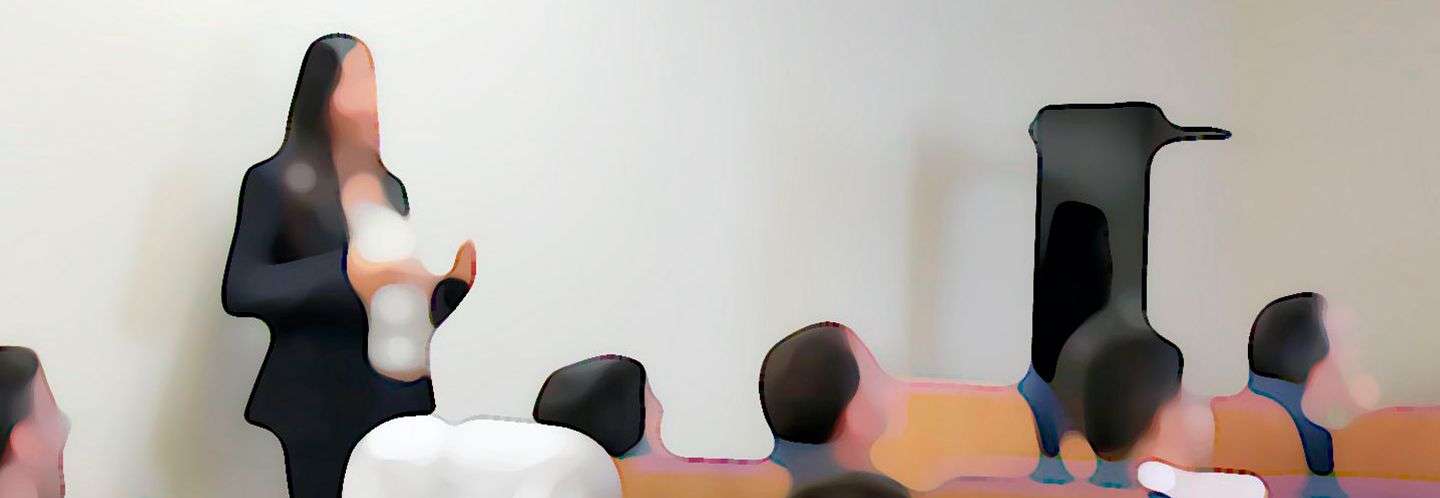
Lecture: 'Women in STEM Areas in Cape Verde versus Spain'
This lecture is promoted jointly by the equality commissions of CiTIUS and ETSE (Escola Técnica Superior de Enxeñería da USC).
STEM areas have the highest employability rate and offer many opportunities for jobs with higher-than-average research. Despite the creation of numerous tools and technologies, these fields remain predominantly male, a disparity even more pronounced in underdeveloped countries such as Cape Verde. Thus, investing in women's presence in STEM is crucial for empowering them, reducing poverty, and ensuring equal access to ICT for both genders. However, various factors influence women's decisions to pursue careers in these fields.
The purpose of this discussion is to explore the factors influencing women's career choices in STEM in Cape Verde and their impact on equality, equity, and access to opportunities. The discussion will focus on the following:
- What influences women's choice of careers in STEM areas?
- Differences and similarities between Spanish and Cape Verdean women in choosing STEM careers, and the policies and opportunities available to them.
- Challenges faced by women in underdeveloped countries and how ICT can help combat gender inequality, with insights from the experiences of Spanish women.
- Comparison of the ITU initiative "Girls in ICT Day" as celebrated in Spain versus Cape Verde.
About
Emília Monteiro Tavares holds a master's degree from the Universities of Oslo and Akershus for Applied Sciences in Norway, the University of Tallinn in Estonia, and the University of Parma in Italy (2015). She also holds a Bachelor’s degree in Systems Engineering from the University of Jean Piaget of Cape Verde (2008).
Currently, she is the Director of Administrative and Auxiliary Services, Director of the Innovation and Sustainability Centre, and a Professor at the University of Jean Piaget of Cape Verde, with 15 years of experience in teaching (informatics, applied informatics, systems analysis, databases, and project management) with a strong pedagogical component. She is also a researcher at the Distance Learning Laboratory, with 12 years of experience in open-source institutional repositories, 10 years in platform management and e-learning (Moodle), and 7 years in project, team, and resource management as the Director of the Innovation and Sustainability Centre.
She has developed the first digital library for Portuguese-speaking African countries (PALOP) and contributed to the development of the ECOWAS Digital Library. Emília has participated in several campaigns and initiatives advocating for women's right to education in Africa and encouraging girls' STEM careers in Cape Verde.
On-site event
/events/lecture-women-in-stem-areas-in-cape-verde-versus-spain
events_en